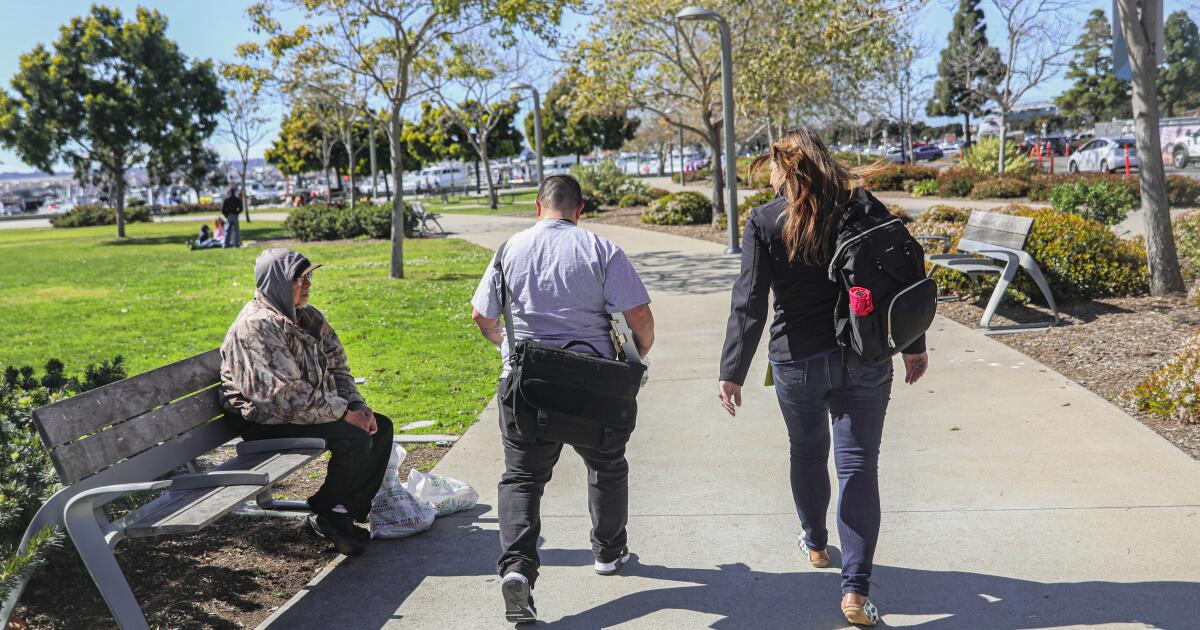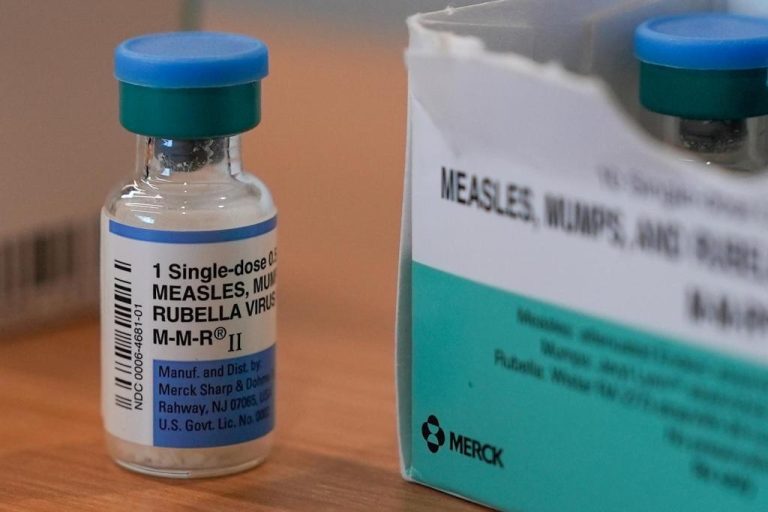
County supervisors accepted updates on several statewide mental health initiatives Tuesday, though the big questions remained unanswered.
The likely approach for implementing Senate Bill 43, the state’s new law that expands involuntary treatment for those incapacitated by substance use, gained some clarity Tuesday. But critical details, such as increasing resources to protect hospital emergency departments, remain vague.
Likewise, no details have yet emerged on which local mental health programs are likely to be eliminated or reduced in order to shift spending from mental health care to housing services and substance abuse treatment as required by Proposition 1, the statewide millionaire tax referendum that voters narrowly passed in the March 5 primary election.
In early December, the county board voted to delay the implementation of SB43 at the urging of local hospitals and other medical providers who feared that its expansion of the definition of “gravely disabled” to include those suffering from substance abuse disorders would clog emergency departments when law enforcement officers and other first-responders began to pick up residents on “5150” holds.
San Diego, like most counties in the state, opted not to put the new law into effect on Jan. 1, delaying action for one year to give providers time to come up with a system capable of shielding emergency departments from an influx of patients suffering drug and alcohol use symptoms.
Over the past three months, county behavioral health officials have met with medical providers and organizations serving unhoused residents to hammer out a plan.
Collaborators call for extensive training in the new definition of gravely disabled with a focus on the law enforcement personnel who are most often called in when someone in the community becomes uncomfortable with behavior they observe, most often in public places.
However, there is less specificity in terms of how those in need of substance abuse treatment will get it.
A big unresolved issue, experts note, is the fact that medical providers are not able to bill Medi-Cal, the state’s health plan of last resort, for substance abuse services.
While a new program called SD Relay, expected to begin operating this summer, will help those who agree to voluntary substance abuse treatment offered by county contractors, there are currently no precedents to follow in providing such treatment for severe cases assessed to need care in locked hospital units.
“To date, the state has not established Medi-Cal reimbursement rates for locked primary and stand-alone (substance use disorder) treatment,” the county’s report states.
That’s also the case for crisis stabilization units, which provide up to 24 hours of respite in locked centers with recliners rather than beds. These centers have taken a fair bit of pressure off emergency departments in North County, providing an alternate drop-off location for those detained on 5150 holds made under the previous criteria that includes behavior that could endanger self or others in addition to grave disability.
While the county report says that existing contracts will be updated to serve additional people detained under the revised law, there are no firm estimates on how many additional people the already taxed system will need to absorb.
If a recent Op-Ed in the San Francisco Chronicle written by emergency doctor Maria Raven is any indication, it could be a lot. Unlike San Diego, San Francisco went ahead with SB43 at the beginning of the year, and Raven says that “our emergency department and others like it across the region are overwhelmed.”
Board Chair Nora Vargas cited the situation up north as proof that the decision to delay implementation for one year was the right one.
“All of the practitioners have really understood that we have to put a system in place before we can actually do this and do it right,” Vargas said.
Despite challenges, and the example of difficulties in San Francisco, there was a fair bit of optimism that between now and the end of the year medical providers and government planners will be able to pull together the resources necessary to prevent significant pain in the new year.
Mike Phillips, senior director of patient advocacy and housing services for Jewish Family Services San Diego, an organization that helps those involuntarily detained use their patient rights, said that he is optimistic after co-chairing a “stakeholders” group tasked with finding a way to thread the SB43 needle.
“In my 20 years of doing this work, I have never seen the community come together as they have in the last few months,” Phillips said.
Now that roadblocks have been identified, he said, they can be removed through advocacy at the state level and deeper local planning.
“I truly believe that we will be ready by Jan. 1 of 2025,” Phillips said.
All such work, though, will need to be conducted even as a major source of mental health care funding is in flux due to the passage of Prop. 1. The initiative’s headline feature is more than $6 billion in bonds to support additional mental health care investments statewide, and officials said Tuesday that they believe San Diego is in a solid position to receive some of those funds.
But the proposition also requires counties to change how they spend revenue from the Mental Health Services Act, which imposed a 1 percent tax on annual personal income greater than $1 million. Now, 30 percent of such revenue must be spent on housing, a shift of about $80 million of the roughly $275 million that San Diego County expects to receive in the coming fiscal year.
With no discussion, supervisors approved a request for staffers to return in 120 days with a plan for “seeking and investing” Prop. 1 bond funds. There was no discussion of which existing mental health programs will give way in order to meet the measure’s requirements for increased spending on “housing intervention programs.”



